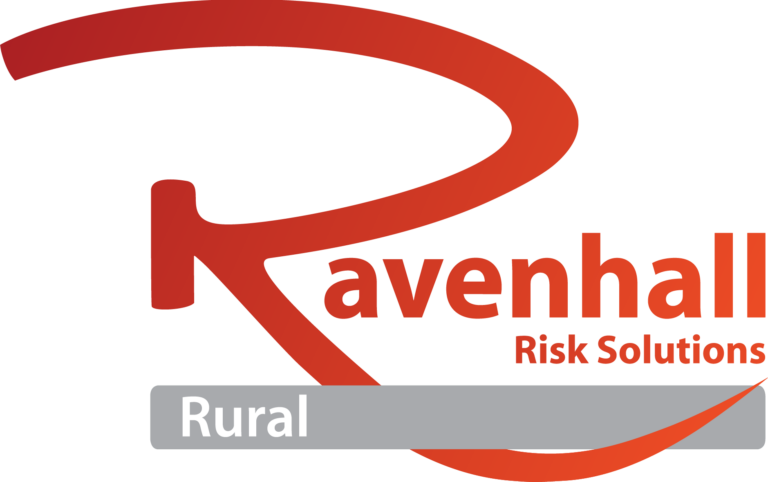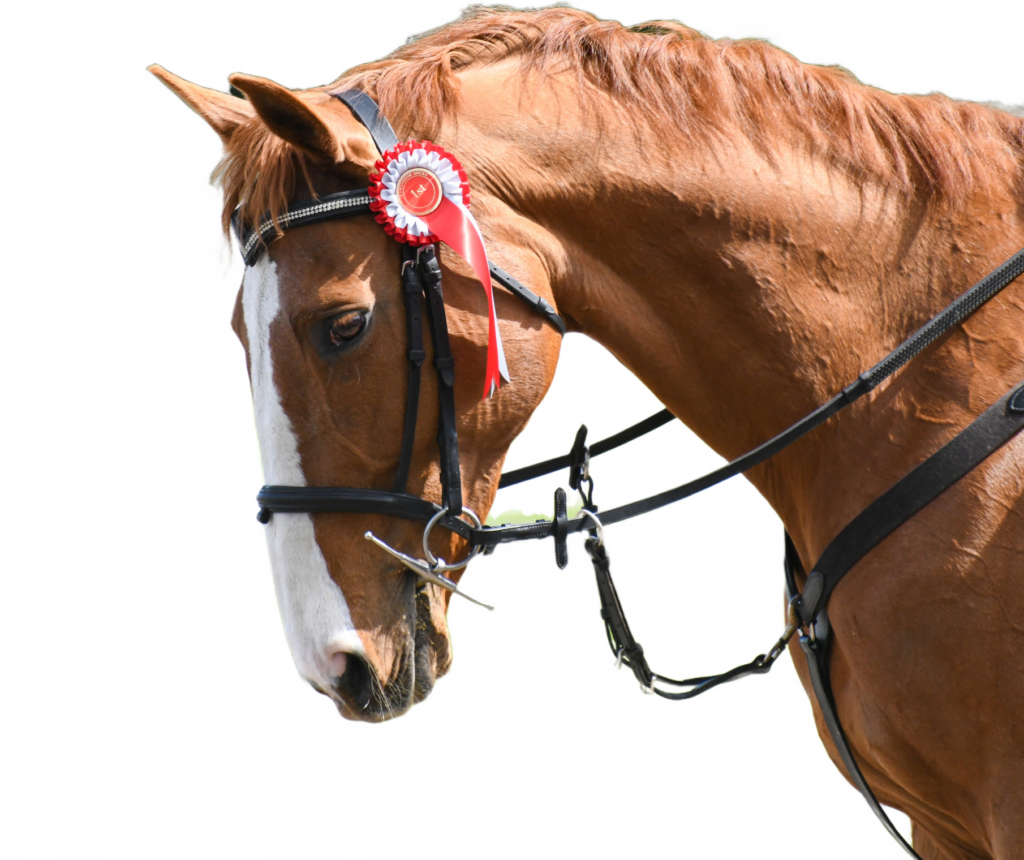At Ravenhall Risk Solutions, we understand that there are lots of different regulations to remain up to date on and to contend with and it can be difficult to know which ones relate to your rural/livery yard business and which ones don’t. We want to ensure you are fully in the know about the regulations and laws that can apply to your yard equipment, your business and your equestrian assets. If you’re ever in doubt, your rural account manager or a member of our team can talk you through any questions you may have.
Ravenhall Rural offer 4 main types of equestrian cover. From Business Liability to Horse and Rider insurance, we will have you covered to protect your business from unexpected occurrences that can cause huge financial impact. Whatever your business – riding school, livery yard, equestrian centre, club or society, retailer of tack, saddlery or feed, trekking centre, show centre or charity, our team can offer bespoke products designed specifically for you.
We have picked out 3 of the main machinery and plant regulations that could affect our rural clients.
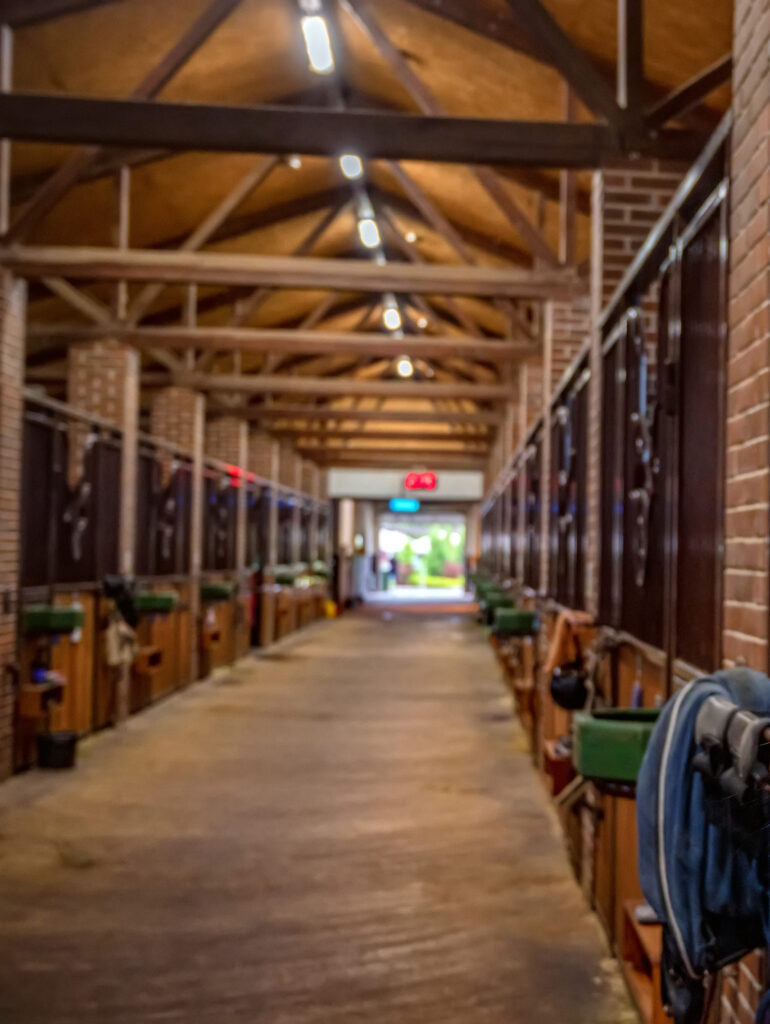
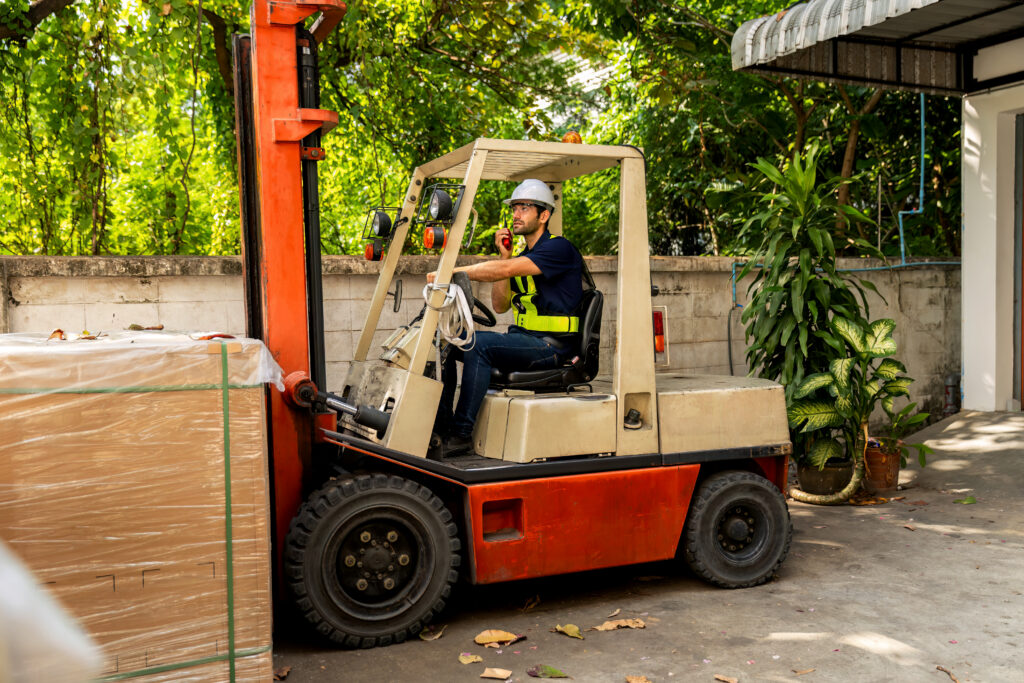
LOLER – Lifting Operations and Lifting Equipment Regulations 1998
LOLER places duties on people and organisations that own, operate, or have control over lifting equipment to ensure that it is safe to use and those who operate it have the right knowledge and experience so that they don’t create danger while handling it.
A common misconception about LOLER is that it is used and needed primarily within the agriculture industry. However, Livery yards/equestrian businesses will often own lifting equipment, for example; fork lift trucks or telehandlers to be used in and around the yard.
If this is the case, the equipment should be fully examined for the following requirements;
- Strong and stable enough for safe use.
- Marked to indicate safe working loads.
- Positioned and installed to minimise risks.
- Used safely, ensuring that the work is planned, organised and performed by a competent person.
- Subject to ongoing thorough examination (where appropriate) and inspected by a competent person.
PSSR
PSSR – Pressure Systems Safety Regulations 2000
Of course, it’s not just lifting equipment that needs inspecting. Items under pressure, or using steam, should be thoroughly examined under the Pressure Systems Safety Regulations 2000 (PSSR). Typical items which fall under these regulations are simple air receivers.
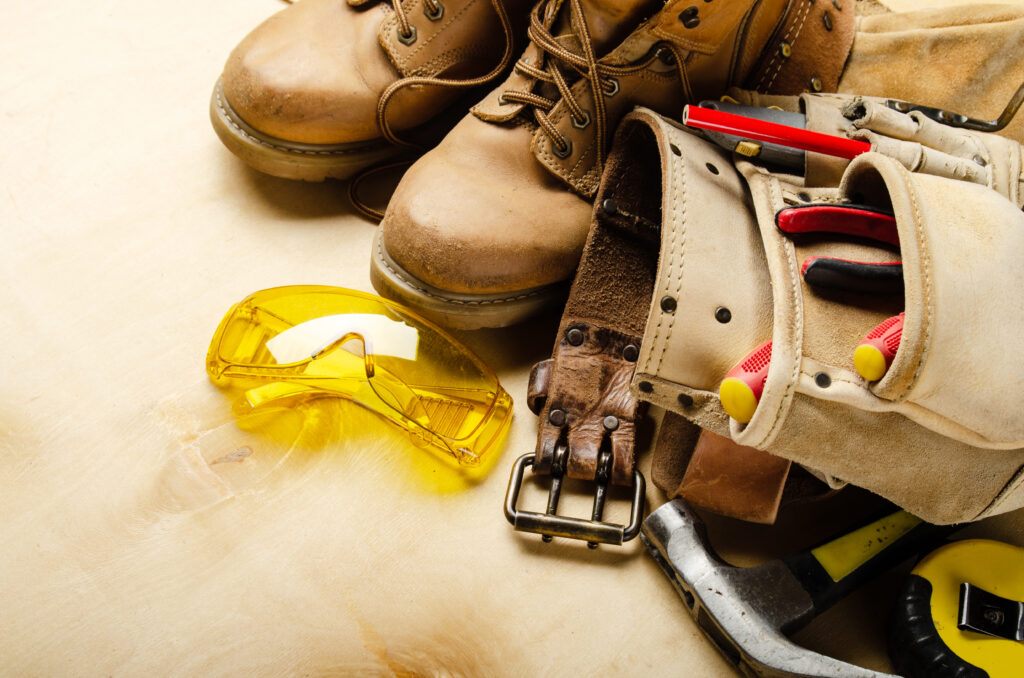
Regulations
PUWER – Provision and Use of Work Equipment Regulations 1998
PUWER stands for the Provision and Use of Work Equipment Regulations 1998 (1999 in Northern Ireland). The regulations deal with the work equipment and machinery used every day in workplaces and aims to keep people safe wherever equipment and machinery is used at work. PUWER replaces the Provision and Use of Work Equipment Regulations 1992, carrying forward the existing requirements with a number of changes and additions.
Put simply, the PUWER Regulations aim to make working life safer for everyone using and coming into contact with machinery and equipment, including employers, employees, contractors, suppliers, and anyone else who might use or have access to machinery in the workplace. The regulations aim to ensure that all equipment is:
- Suitable for its intended purpose.
- Regularly maintained to ensure safety.
- Only used by people who have received adequate training.
- Inspected by a competent worker.
Failing to have a thorough inspection of your equipment can lead to heavy fines or legal action to be taken by the HSE. At Ravenhall Risk Solutions we want to help you avoid the hassle of organising someone to inspect your equipment, so our team can arrange inspection product and engineering policies to help clients in compliance with machinery and plant regulations.
If you have any questions regarding Equestrian Insurance, please contact one of our advisors today on 03452163000 or at ravenhallrural.co.uk
Contact Us
If you have any questions for a member of the Ravenhall Rural team, please contact us on 0345 216 3000, or complete the contact form below.
